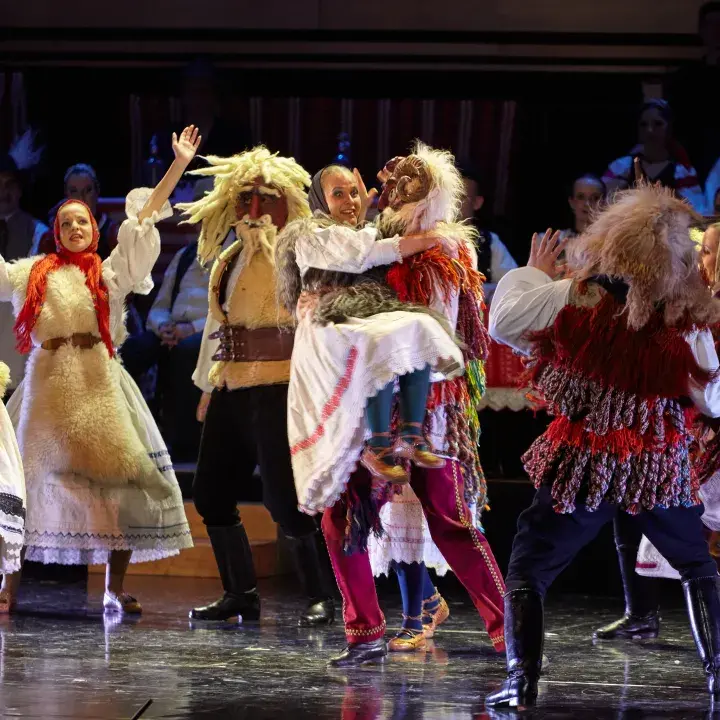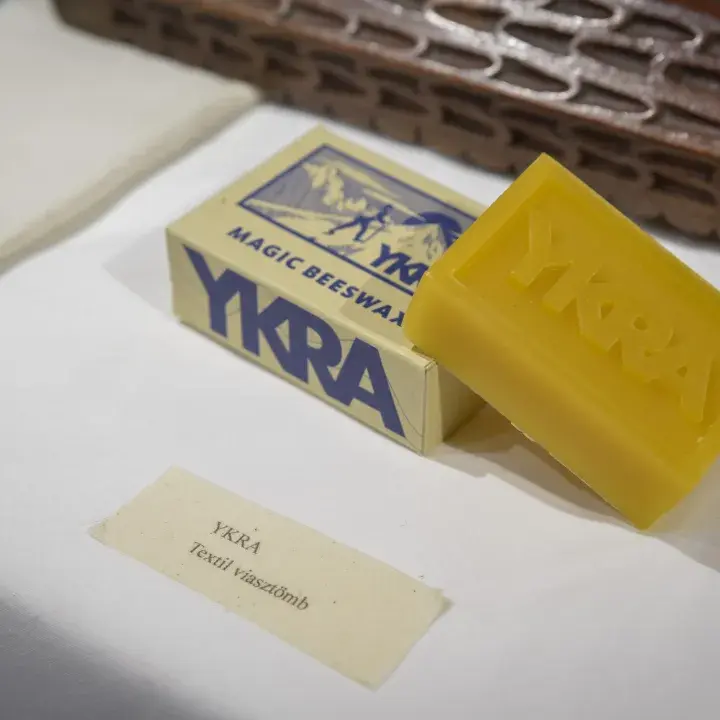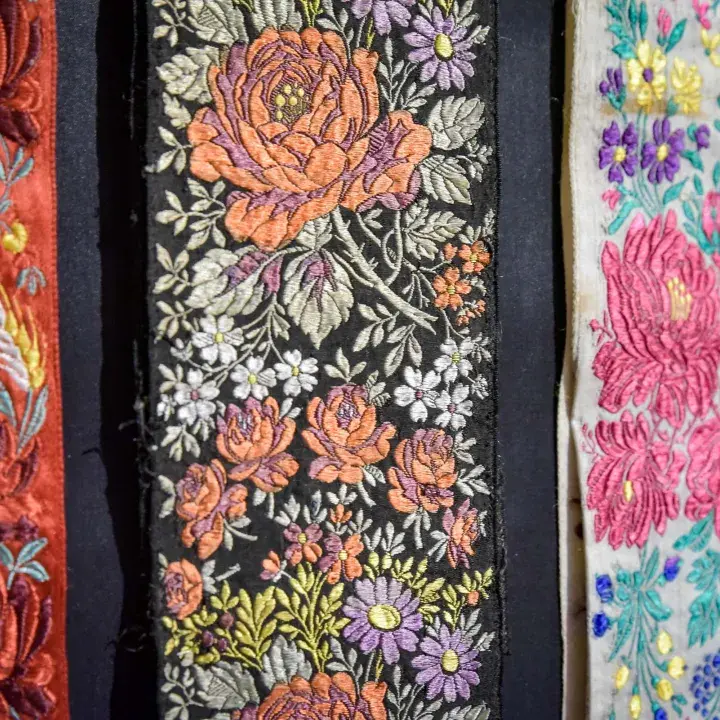Display panel:
On this side of the Mecsek but beyond the River Kapos, on the edge of Somogy County lived two shepherds: father and son. They were famous far and wide for their wood carving skills. Their carvings depicted the huge forests of Somogy and the game living there, a shepherd herding his flock, an outlaw fighting with the justice, or a shepherd boy courting his lass holding a bunch of rosemary. Their carvings showed the undisturbed freedom of shepherds and their love for their land. Father and son would carve shepherd's crooks, razor cases, wooden mirror boxes and cups for carrying water as well as furniture, wall mirror and salt holders for peasants, horns for hunters.
Mounted horse-herders (csikósok) drove and controlled wild horses on horseback, cracking a karikás ostor (a special type of whip) made from strips of tanned dog hide.
Cattle herders (gulyások) carried a single-tailed leather whip and a long wooden staff with a weighted end. If a cow wandered off, they would drive it back with the whip; if it strayed too far, they would throw the staff after it. The weighted tip helped it travel farther and more accurately.
A shepherd's crook is an essential tool for shepherds (juhászok). These were used for lifting and handling animals.
The swineherd’s tool was the kanászbalta (swineherd’s axe), with an iron head forged by blacksmiths and a carved wooden handle made by the herder himself.
The cape is one of the herders’ oldest and most commonly mentioned piece of clothing. Its material is strong woollen felt. Embroidered capes or those with appliqués is a folk-art treasure.
A characteristic feature of Hungarian shepherds was the curled moustache. They would shave themselves with the help of their mirror box and carried their razors in intricately sealed razor cases and their self-carved and decorated mirror boxes in their bags. These items also reflect the ingenuity, dexterity, and cunning of the shepherds.
Among all herders, the cattle herder and the horse herder enjoyed the highest prestige, as they rode on horseback, while swineherds stood at the bottom of the social ladder. The more rugged, free-range herders looked down on the day herders, who drove the animals out each morning and grazed them near the villages. Sheep were always tended by several shepherds. The head of the group was the számadó (lead herder), followed by the öregbojtár (senior helper), and the rest of the helpers ranked according to age.
In the early days, the main form of animal husbandry was year-round free-range grazing. Later, livestock were only driven to pasture from spring to autumn — a system known as semi-free-range farming. Tending, grazing, and caring for the animals on the pastures was the responsibility of the herders. Spending most of the year outdoors, somewhat apart from village life, they developed a distinctive way of life. Their self-sufficiency made them independent and resourceful. Herders decorated their own tools and belongings, particularly excelling in the carving, shaping, and ornamentation of wood and horn.


